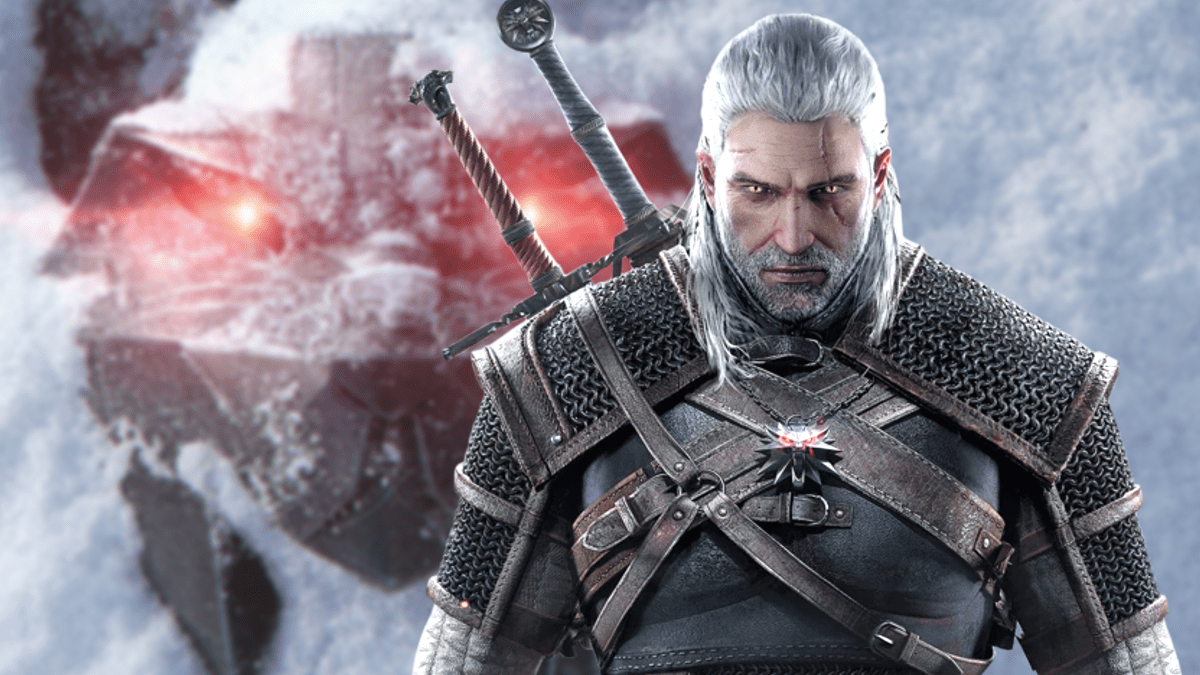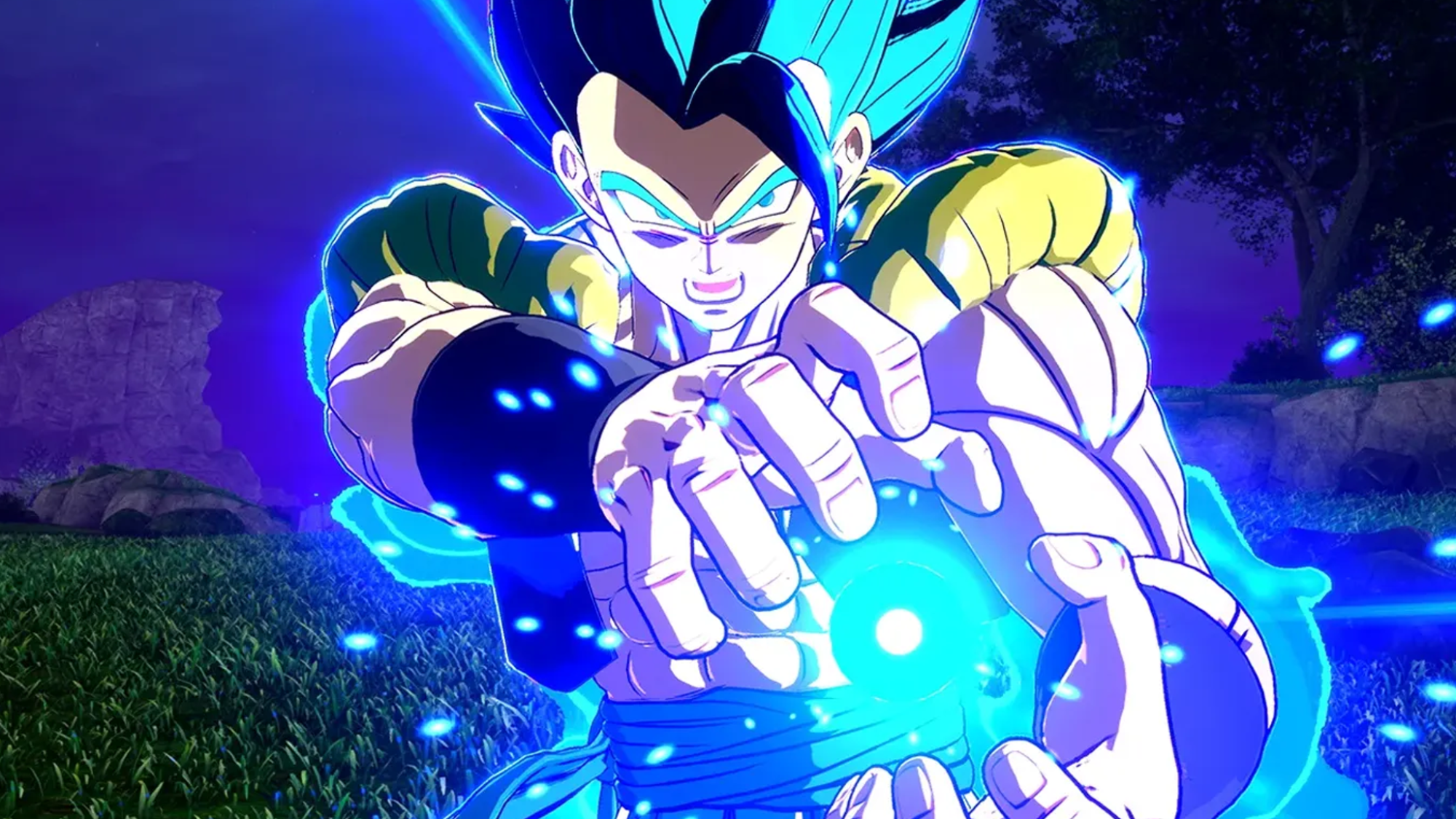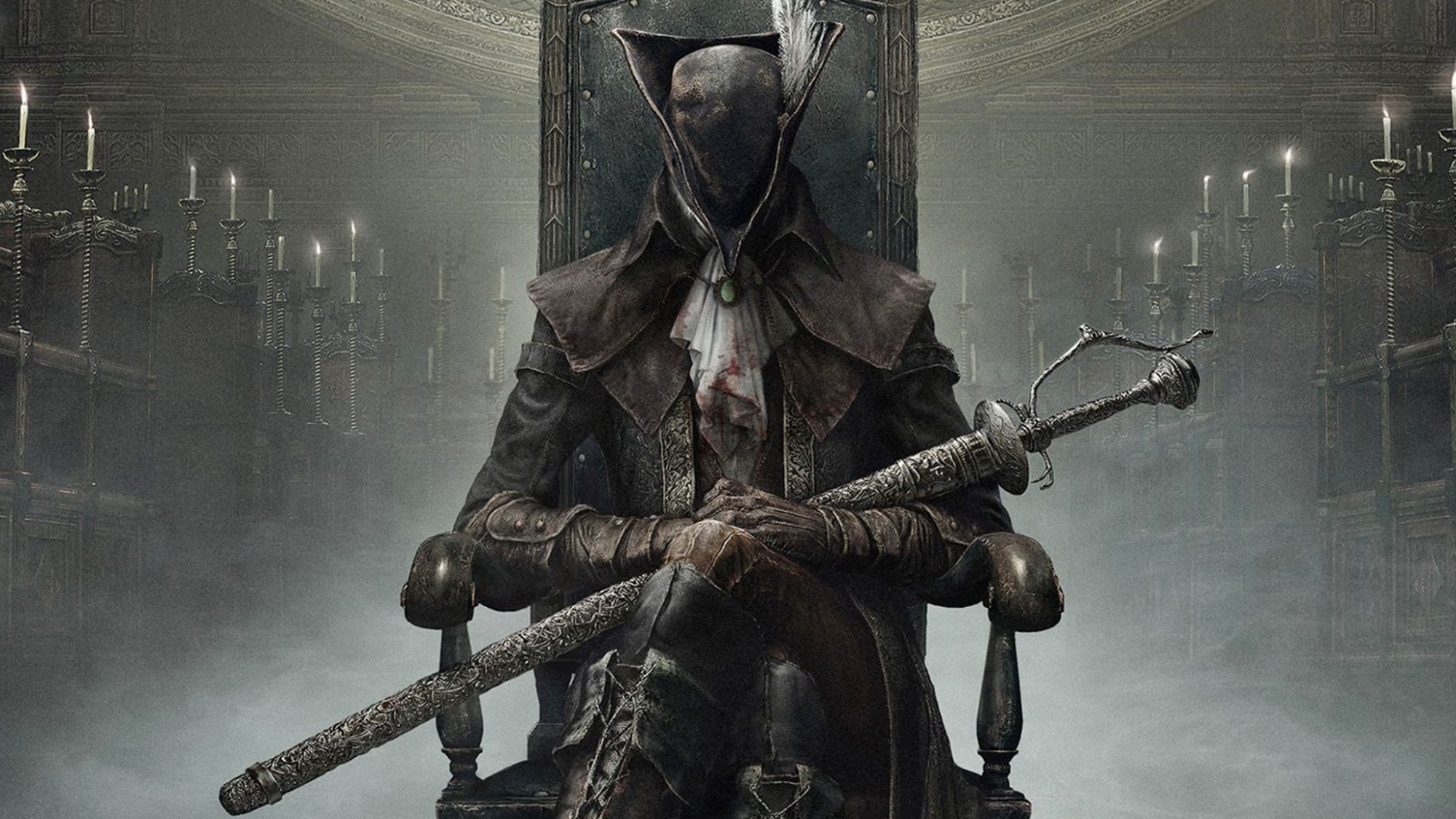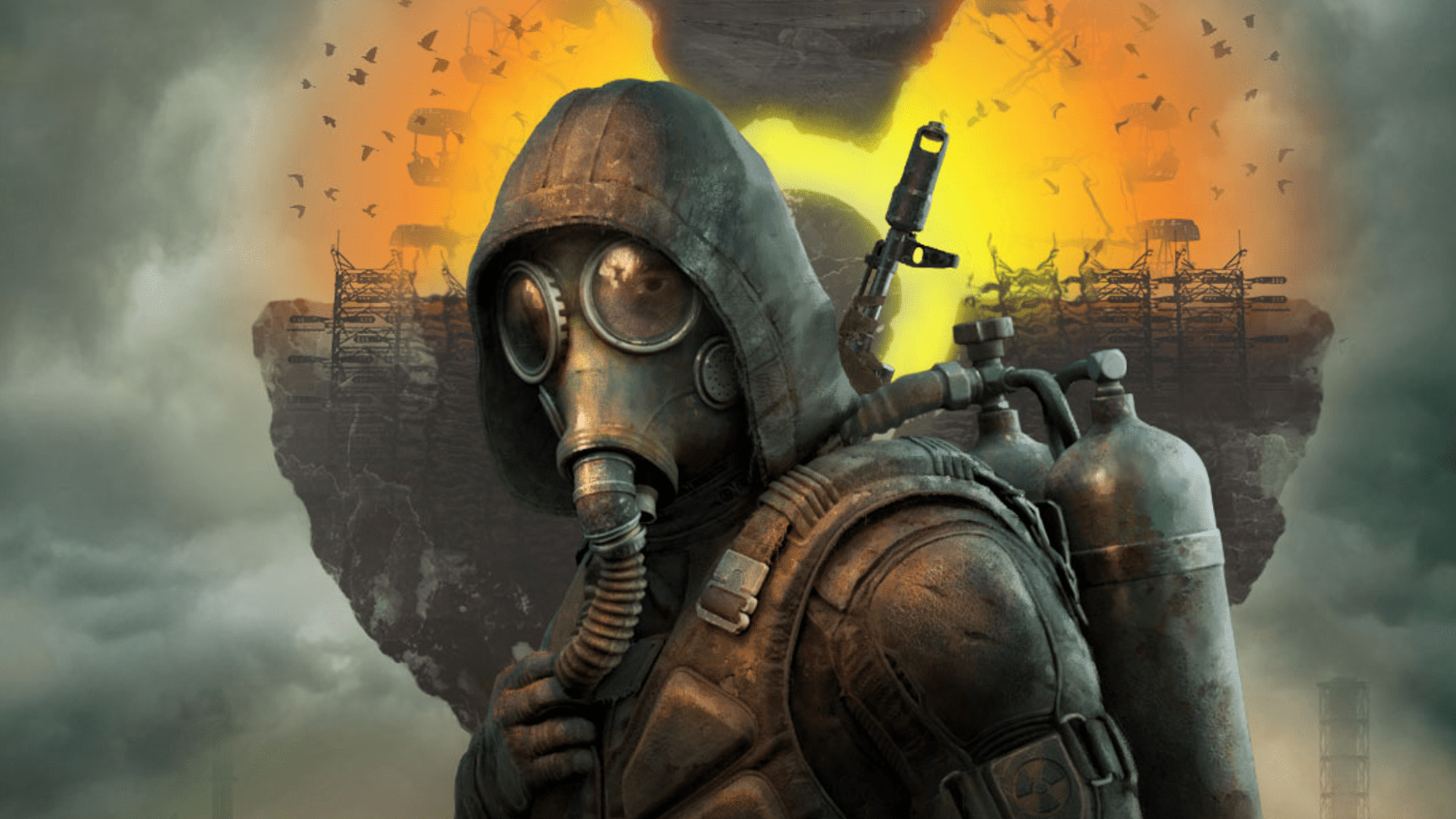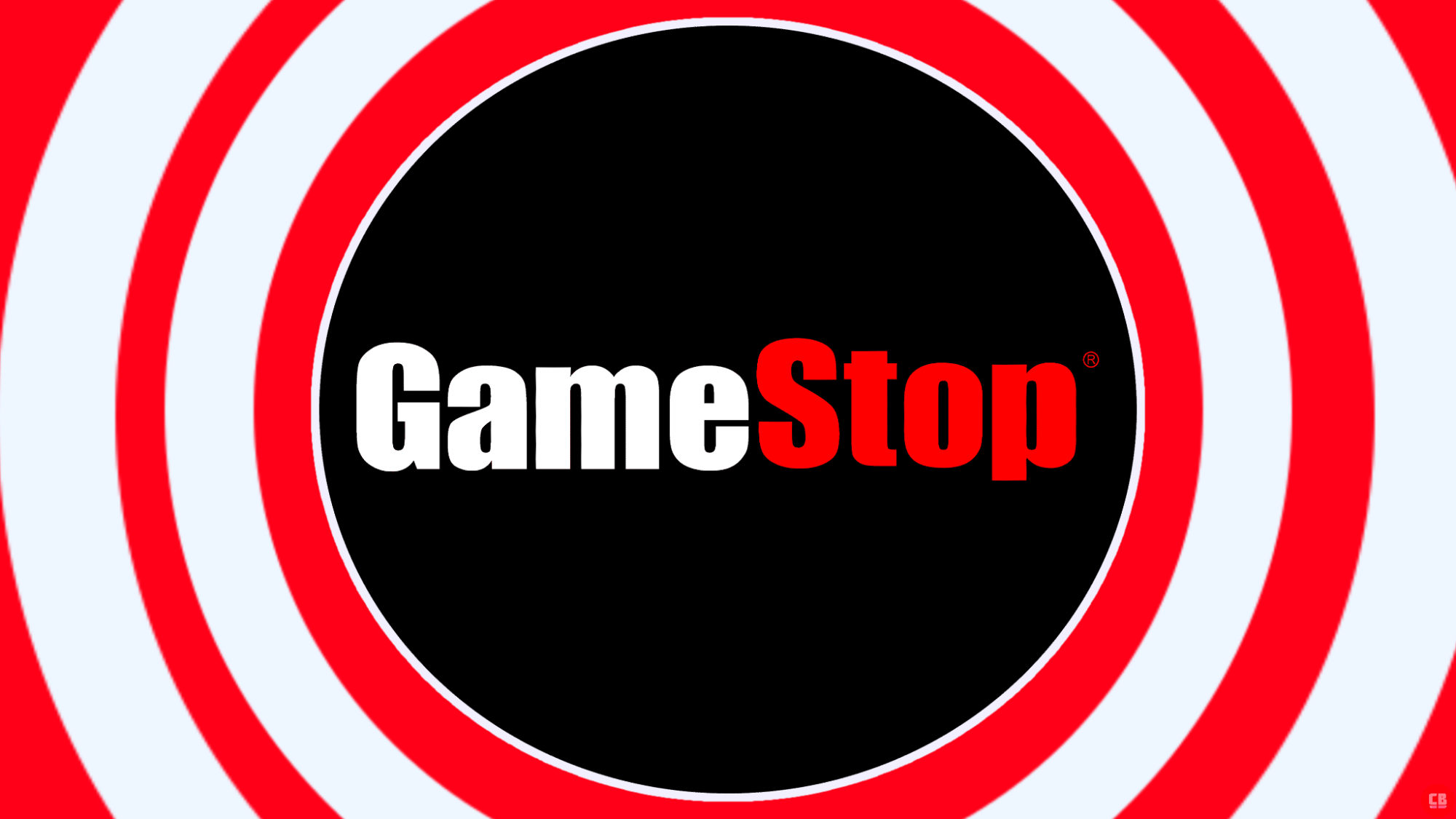CD Projekt Red, the studio behind the acclaimed Witcher series and the initially troubled Cyberpunk 2077, has officially entered full production on The Witcher 4. This next installment promises to be a significant leap forward for the studio, incorporating lessons learned from past projects and leveraging the power of Unreal Engine 5. While details remain scarce, recent comments from CD Projekt Red’s CEO offer exciting glimpses into the game’s scope and development philosophy.
The Witcher franchise has garnered significant praise for its immersive RPG experiences, including the popular card game Gwent, which evolved into a standalone title. However, the studio faced challenges with the launch of Cyberpunk 2077. Despite its eventual redemption through patches and the Phantom Liberty expansion, the experience served as a crucial learning opportunity. These lessons are now being applied to the development of The Witcher 4.
One key change is the adoption of Unreal Engine 5. This shift from CD Projekt Red’s in-house engine is expected to streamline development, allowing the studio to recruit talent familiar with the engine, manage multiple projects concurrently, and ultimately achieve greater efficiency.
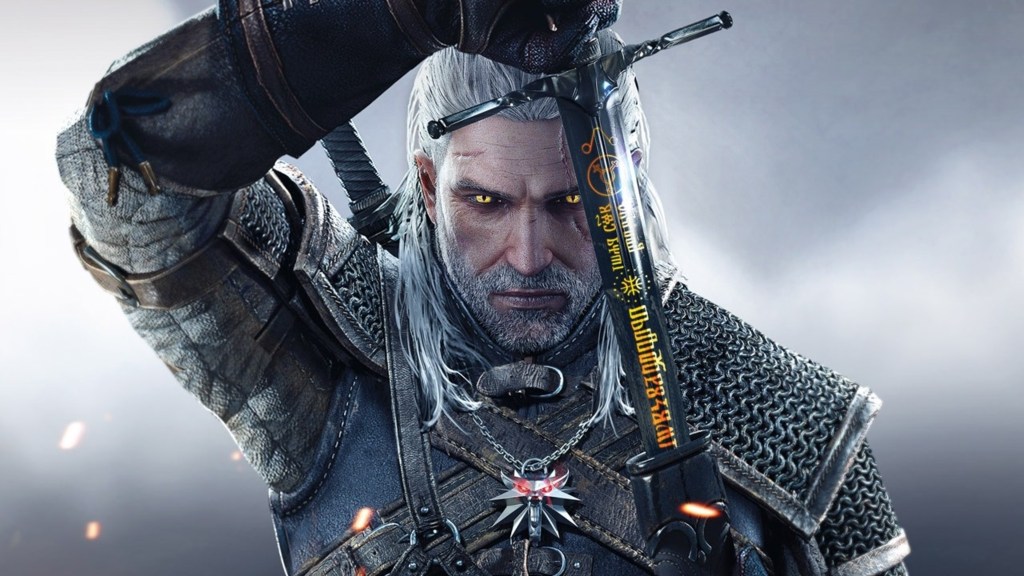 altThe Witcher 3 Wild Hunt
altThe Witcher 3 Wild Hunt
While the storyline remains largely under wraps, the return of Geralt of Rivia has been confirmed, and speculation points to Ciri playing a central role. In a recent interview with Eurogamer, CEO Michał Nowakowski shed light on the studio’s ambitions for the game. He emphasized that The Witcher 4 aims to surpass both The Witcher 3 and Cyberpunk 2077 in scale and quality. This commitment to improvement reflects a determination to avoid repeating past mistakes.
“The next game we do will not be smaller, and it will not be worse,” Nowakowski stated. “So it will be better, bigger, greater than The Witcher 3, it will be better than Cyberpunk – because for us, it’s unacceptable [to launch that way]. We don’t want to go back.”
A crucial takeaway from the Cyberpunk 2077 launch was the importance of simultaneous multi-platform development. The studio acknowledges the need for a more mindful approach, avoiding a PC-centric development process that relegates console versions to an afterthought. Nowakowski’s direct oversight of the technical development underscores this commitment. He emphasized a proactive approach to addressing technical issues, ensuring that problems are rectified before production progresses. This includes a focus on console performance, preventing a recurrence of the issues that plagued Cyberpunk 2077’s initial release.
The marketing strategy for The Witcher 4 will also reflect lessons learned. While teasers and snippets of information will be released to generate buzz, a full-scale marketing campaign, including pre-orders, will be held back until approximately a year before launch. This ensures that the studio has confidence in the game’s readiness and release date.
“It doesn’t mean we would not tease or drop some cool assets before [a full reveal],” Nowakowski clarified. “The marketing campaign, slightly earlier before the launch of the game, that’s different than the actual, say, ‘mass attack’. Mass attack is when you announce the date, you start collecting the pre-orders and it really is that race from that point to the moment you launch the game.”
While this “mass attack” marketing phase is still some time away, the fact that The Witcher 4 has entered full production with the largest development team across all of CDPR’s studios is a promising sign. The game is currently in full production, and while a release date remains uncertain, the studio aims to deliver a truly next-generation Witcher experience.



